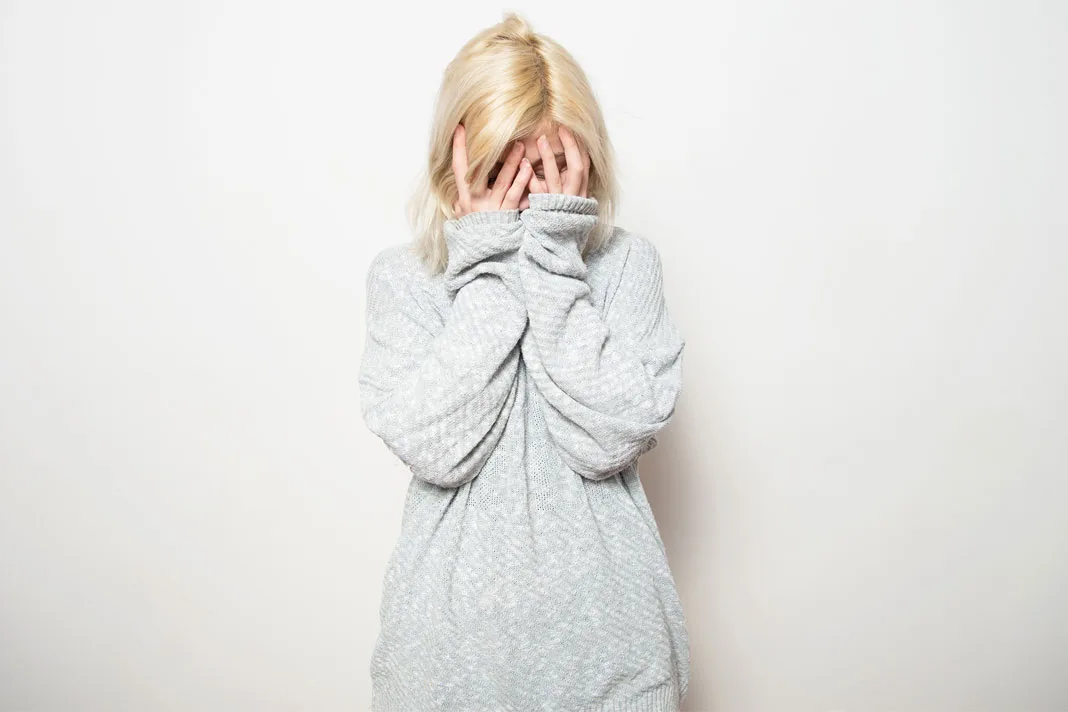Acne vulgaris is one of the most common skin disorders in the UK and accounts for more than 3.5 million visits to the GP every year. Here’s how to manage it…
Words Dr. Anjali Mahto
Acne vulgaris is one of the most common skin disorders in the UK and accounts for more than 3.5 million visits to the GP every year. It affects 80% of people at some point in their lives and is most prevalent in adolescents and young adults between the ages 11-30 years.
There is also evidence to suggest that the spectrum of onset of acne is changing, with cases emerging both earlier and later than what has been noted in the past. Acne can affect adults and may also develop for the first time after the age of 25 years.
Acne can be successfully treated and there are many options including steam extraction, blue light, photodynamic therapy, chemical peels, and prescription medications (both topical and oral). Dr Anjali Mahto, consultant dermatologist at the Cadogan Clinic knows all too well the battles of living with acne, having suffered from the condition herself as a teenager and most of her adult life. She is passionate about educating people about acne and prescribing the best treatments and therapy combinations to improve the conditions of her patients as well as their wellbeing.
Here she gives us her top tips for tackling it…
Seek medical advice
A dermatologist will be able to diagnose the condition as well as creating a treatment plan to manage and help improve the symptoms.
Keep a diary
Recording lifestyle factors such as frequency of breakouts, menstrual cycles, diet (sugar, dairy and GI foods) stress levels etc may help you and your medical professional identify triggers.
Double cleanse the skin
Do this in the morning and evening with a cleanser that is specially formulated for acne.
Moisturise the skin
Use a light gel-based moisturiser that is “non-comedogenic” i.e. prevents the formation of blackheads. Even oily skin needs moisturising as oils do not equate to hydration. Moisturising the skin will maintain the integrity of the barrier function of the skin and is vital for good skin health.
Using a retinoid product
Use it on the skin before bed to help unclog pores, reduce the formation of blackheads or whiteheads, and calm inflammation.
Gently exfoliate the skin once a week
This will immediately remove dead skin cells from the skin surface resulting in a brighter appearance. Longer term, it will reduce the development of blackheads. It is important not to overdo this otherwise you will end up irritating the skin and making things worse not better.
Try steam extractions
This can help to reduce the number of future inflamed acne spots and immediately creates a sense of “decongestion” or unblocking of the skin. However, it carries a risk of damage to the skin and can make cystic spots worse. It, really, therefore needs to be done by a trained professional.
Use a face mask
Do this once a week to help unclog the pores and calm the skin.
Don’t pick, scratch or squeeze your spots
All of these lead to skin damage and can potentially result in permanent pigmentation marks or scarring of the skin. It is better to use a spot-directed treatment directly onto the area such as salicylic acid, which can dry it up and help settle inflammation.
Check your diet
Diet has a small part to play in certain individuals suffering from acne. Not everyone’s acne is driven by diet and usually the problem comes down to genetic and hormonal factors, however, the following methods can be considered:
· Make sure you are getting plenty of nicotinamide, zinc, and vitamin A in your diet
· Avoid eating food rich in refined sugars or processed foods
· Limit whey protein supplements
· Eat a diet rich in omega 3 fish oils
· Opt for full fat rather than low-fat dairycadoganclinic.com







